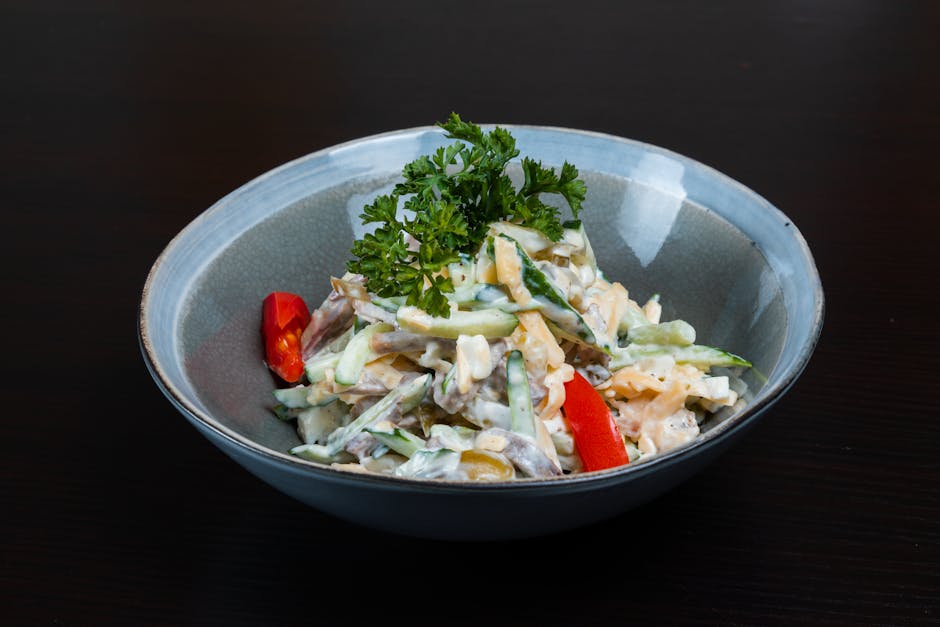Dietary adjustments, while often perceived as daunting tasks, don’t necessitate radical overhauls. Subtle changes, consistently implemented, can yield substantial improvements in well-being. This exploration delves into approachable methods to enhance your nutritional intake without feeling overwhelmed.
A crucial first step in improving your diet isn’t about restrictive regimens but rather conscious awareness. Becoming more mindful of your current eating patterns is paramount. Keeping a food diary, for instance, allows you to track your intake. Note not just what you eat, but also when, where, and why. This self-assessment reveals eating habits you may not readily recognize. Are you snacking frequently due to boredom or stress? Do you tend to eat too quickly, leading to overconsumption? Pinpointing these patterns empowers you to make targeted adjustments.
A significant portion of dietary improvement revolves around incorporating whole, unprocessed foods. These foods, rich in essential nutrients, are frequently overlooked in favor of convenience and processed options. Fruits and vegetables, for example, offer a wide array of vitamins, minerals, and antioxidants. Start by adding a serving or two of these to each meal. Introduce a variety different colors imply different nutrients. Incorporate seasonal produce; it’s often more flavorful and readily available, contributing to both dietary value and budget consciousness.
Likewise, lean proteins are fundamental. Opt for poultry without skin, fish, beans, lentils, and tofu. These offer essential amino acids vital for building and repairing tissues. Pairing these proteins with complex carbohydrates, like brown rice, quinoa, and whole-wheat bread, provides sustained energy and regulates blood sugar levels. These choices, unlike refined carbohydrates, provide fiber and other beneficial nutrients.
Addressing hydration is often overlooked but plays a significant role in overall health and dietary success. Water isn’t just crucial for bodily functions; it helps you feel full, potentially reducing cravings. Carry a reusable water bottle and make it a habit to sip on water throughout the day. Unsweetened herbal teas can also contribute to your daily fluid intake while adding a pleasant flavour.
Mindful eating techniques can significantly affect your dietary choices. Eating slowly and attentively allows your body to register fullness signals. This can prevent overeating. Dining in a relaxed environment and putting down your utensils between bites further promotes awareness and control. Disconnect from distractions like phones or television during meals; focus on the sensory experience of your food.
Furthermore, portion control is a powerful tool. Utilize smaller plates and bowls to visually reduce portion sizes. This subtle adjustment can have a significant impact on your overall calorie intake. Paying attention to recommended serving sizes listed on food labels is another helpful tactic. By consciously managing portion sizes, you can achieve a healthier balance without feeling deprived.
Smart substitutions are frequently under-appreciated methods of diet enhancement. A healthy lifestyle doesn’t entail completely eliminating foods you enjoy; it’s about finding healthier alternatives. Opt for whole-grain bread instead of white bread, or use olive oil in place of butter. Swap sugary drinks for water or unsweetened tea. These minor adjustments can significantly contribute to long-term dietary improvements.
Creating a supportive environment is also an underappreciated aspect. Surround yourself with positive influences who encourage healthy eating habits. If you’re aiming to improve your diet, consider joining a cooking class or a support group focused on healthy eating. Sharing experiences with others fosters motivation and helps address challenges and cravings. Building support from loved ones, like encouraging family members to adopt healthier dietary choices, can prove invaluable.
Beyond these general principles, individual needs vary. Consult a registered dietitian or nutritionist for personalized guidance. They can tailor recommendations to your specific health goals, dietary restrictions, and any underlying medical conditions. A professional can assess your needs and develop a plan that suits your circumstances.
Ultimately, sustainable dietary changes hinge on consistency and practicality. Don’t aim for perfection; focus on progressive improvements. Celebrate small victories and learn from setbacks. By embracing a holistic approach that combines mindful awareness, healthy food choices, and supportive environments, you can create a diet that is not just healthier, but also sustainable and enjoyable. This journey toward a healthier lifestyle is a marathon, not a sprint. Celebrate each step forward, and you’ll undoubtedly reap substantial rewards for your effort.
